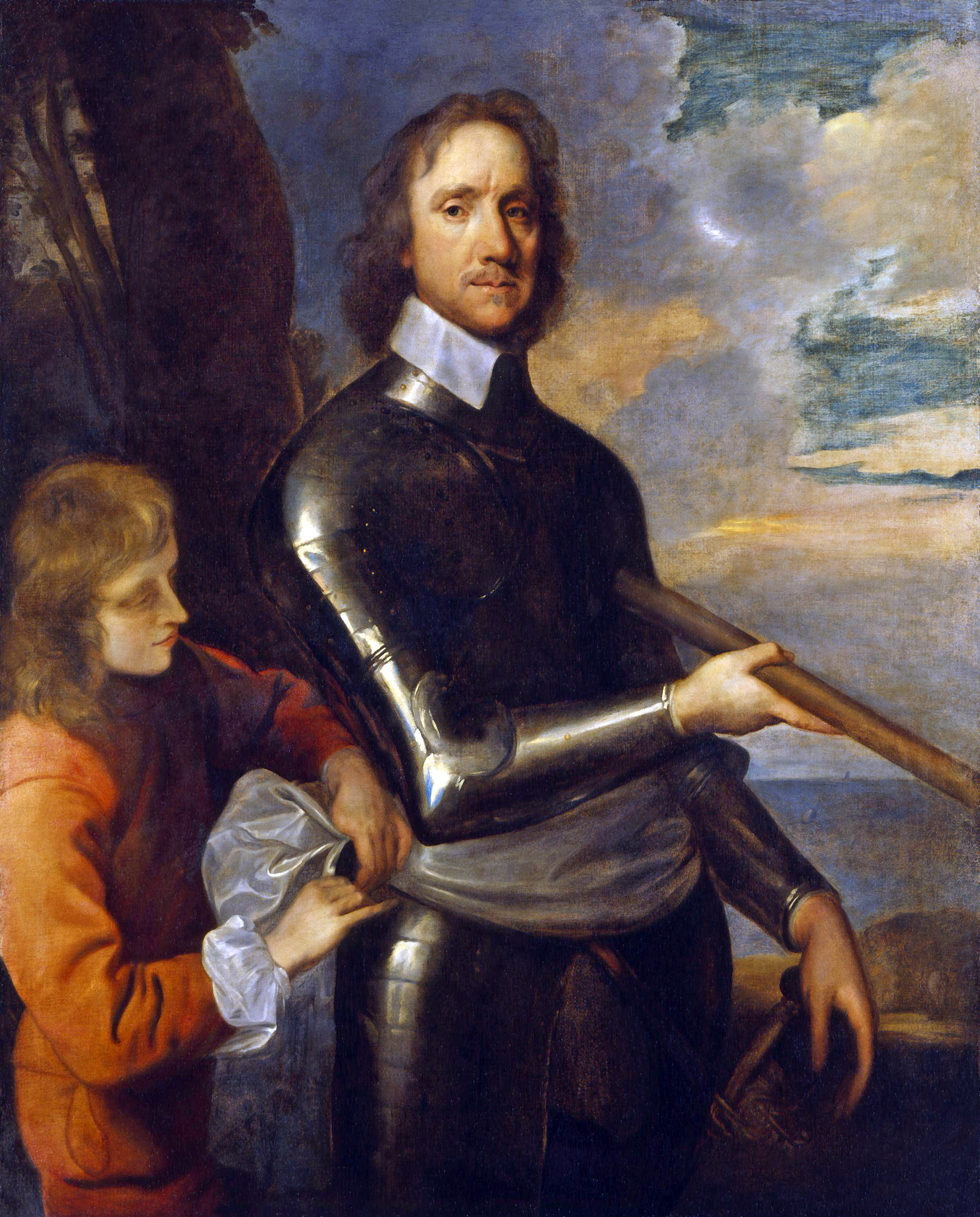Monday, 6 June 2011
Blackadder Meets Cromwell
I like the idea behind Blackadder. The incarnation of a cynical hero in different historical periods who gets more cunning over the centuries while he also gets lower in his social position, which triggers him even more to refrain to his scheming skills. Lots of sarcastic humour... Blackadder: The Cavalier Years was produced after the third series in 1988. While I could have chosen a good number of other segments from the series that I like very much, I have decided to post this particular one for several reasons. First because it is half the length of a regular episode (maybe due to the fact that it is a special episode made as part of Comic Relief), and does not need particular knowledge of previous parts (though none of the other episodes really does). But perhaps more importantly, I have chosen it because it is also related to another thing that I find an intriguing topic independently of the series: Oliver Cromwell and the English Civil Wars. The Cavalier Years tells the story of how Blackadder managed through the most difficult event of the period, the execution of King Charles I. Interestingly, there are not that many feature films which focus on this conflict, the most notable exception is perhaps "Cromwell" (1970). This short of course finds a way to blend the events with satire while preserving some characteristics of the historical figures. Well, it certainly does not forget the mention the warts of Oliver Cromwell, for one thing...
Well, Mr Cromwell, have you come far? From country squire to Lord Protector of England. And that says it all, although our King Charles in this short hasn't got the slightest idea what Oliver is talking about (how could he, since Cromwell got that title only long after the king was executed). I couldn't stop wondering why Cromwell has blond hair here... As seen from the painting from about that time, he was quite dark haired. But of course it is true, Cromwell did come a long way. In fact, as Lord Protector he had more power than kings before him. He was offered the crown but refused. Indeed, the very period was outstanding because nobody really expected that things would go that far. Nobody was ready to govern without a king. It can be argued what Cromwell's intentions were. It is sure that with the king absent, it was only his personal presence that kept things going, and after his death, monarchy was to return quickly. It is also sure that Cromwell did experiment with new forms of government, though eventually he remained in control until his death. This period was full of possibilities which came before their time, and hence they were unbearable sources of uncertainty and instability. As a brilliant tactician, he remained practically undefeated in his life, and it was only after his death that he was "posthumously executed". His head was displayed on a pole in Westminster Hall for several years, and it was only in 1960 that it was finally buried.
Subscribe to:
Post Comments (Atom)

No comments:
Post a Comment